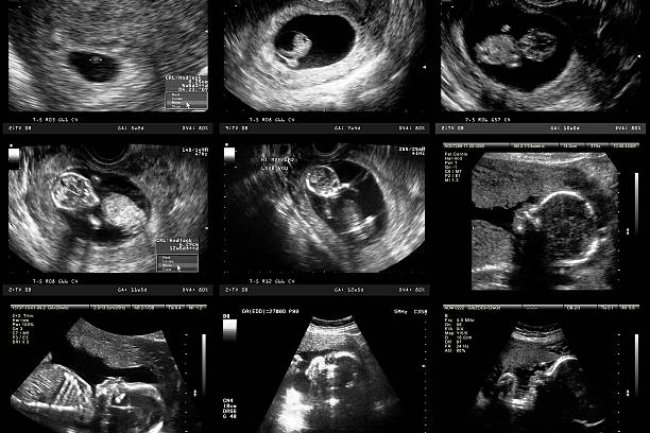Are Your Daily Headaches a Sign of Something More Serious?
The problem is that doctors aren't sure the cause of most headaches. According to certain estimates, just 10% of headaches are caused by a known reason. However, there are a variety of contributory factors that can cause chronic headaches.

Don't worry about it just yet. The pain that is pounding in your head might be a nuisance however it’s not necessarily suggesting a larger issue.
Here it is again the throbbing of your dome. If you're suffering from regular pains or headaches it's possible that you're worried that you may have an additional serious problem like brain tumors or an aneurysm. While those and other potentially dangerous conditions can be associated with headaches, it's more likely that the source of your headache is the primary cause. Also, it's likely not the result of other conditions.
The problem is that doctors aren't sure the cause of most headaches. According to certain estimates, just 10% of headaches are caused by a known reason. However, there are a variety of contributory factors that can cause chronic headaches. These include:
• Alcohol
• Caffeine
• Dehydration
• Hunger
• Sleep deprivation
• Sensory triggers like high-intensity lights, loud sounds and strong scents
• Stress
Chronic headaches may also be associated with other conditions that include anxiety, depression, sinus infections, allergies and TMJ disorder, also called TMJ. In order to determine your pattern of headaches and pinpoint your triggers, you might wish to keep a migraine journal to discuss with your physician. This template from the National Headache Foundation has a useful form to use.
Here are some common kinds of headaches that are chronic:
Tension headache
This is the most commonly encountered kind of headache, and you've probably experienced several of them throughout your life. However, for certain people they happen frequently. Tension headaches can affect each side of the head, causing the sensation of a throbbing, moderate pain. The over-the-counter medicines like ibuprofen (Advil) as well as Acetaminophen (Tylenol) can help but using these for prolonged periods of time may result in headaches referred to as "medication excess" as well as "rebound" headaches. You may prefer to consider relaxing techniques, meditation or the use of heat therapy.
Migraine
Migraines, while less prevalent but are more serious. The pain can be intense that can be pulsating and be caused by nausea and sensitivity to light or sounds, vomiting, or other visual disturbances referred to as "auras." In most cases migraines affect only just one part of your head but they can be affecting both. Also, women suffer more frequently than males. The prescription medication is offered to treat migraines however, you may also be able to benefit by laying down in a dark, quiet room , and applying cold or hot compresses. In the case of more severe migraines or often occurring headaches or other headache that may be related to other neurological signs must be assessed by a doctor.
Cluster headache
Men tend to be more likely to suffer from frequent headaches that are sudden, which can be characterized by discomfort on the one part of their head or behind the eye. They are more likely to occur frequently or even several times throughout the day, but then they go away for a few minutes. Eyes are prone to watering and a jittery feeling is typical. This type of headache is usually treated with prescription medications.
New daily, persistent headache (NDPH)
If you start experiencing frequent headaches, you could be suffering from NDPH. These symptoms caused by NDPH may resemble migraines or tension headaches however, NDPH occurs in those who do not have a previous history of headaches. In most cases, those with NDPH are able to pinpoint exactly the time when they experienced the first symptoms. The doctor might need to conduct tests to be sure that these headaches aren't secondary -- which is, a sign of a serious medical disease.
While everyday headaches could not be caused by an underlying health issue but they can impact your life quality and should not be thought of as "normal."
"Progressive symptoms of more frequent or severe headaches, as well as any other headache which is associated with other neurological issues, must be examined by a doctor," says Jonathan J. Russin, MD an expert surgeon in the field of neurosurgery in Keck Medicine USC and an assistant professor of clinical neurosurgery in the Keck School of Medicine at USC. "Even following these guidelines that the majority of headaches do not indicate an issue that is underlying. The exception is a "thunderclap headache that refers to the sudden appearance of the most painful headache you've ever experienced in your life. This kind of headache must always be assessed by a physician to determine whether it's associated with other signs or symptoms, or not."
What's Your Reaction?

















